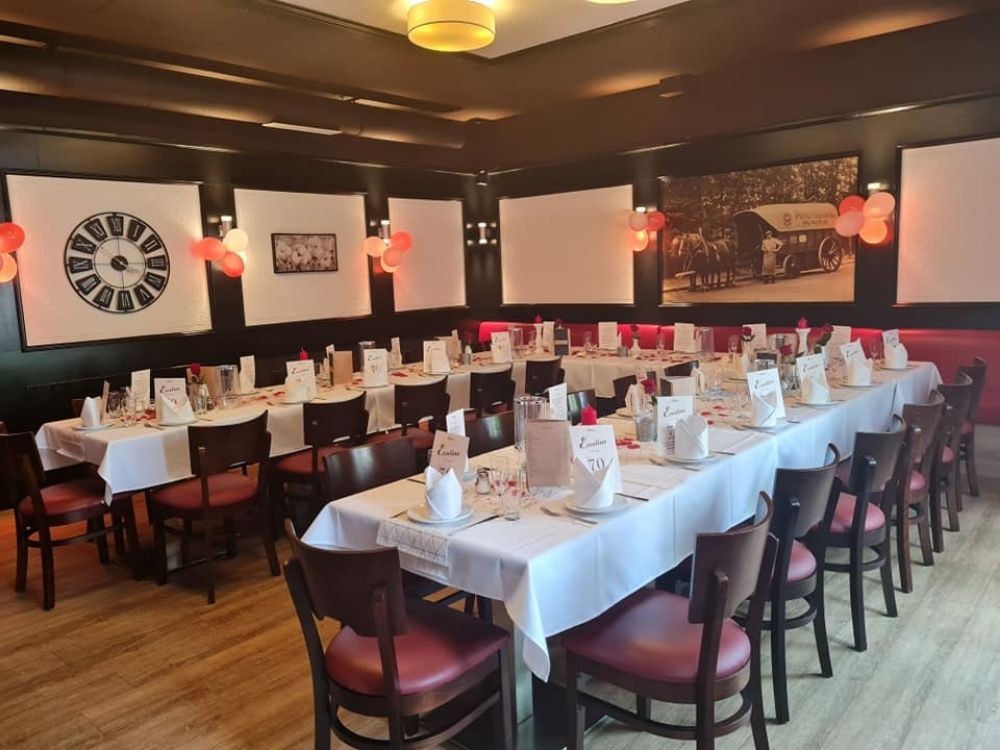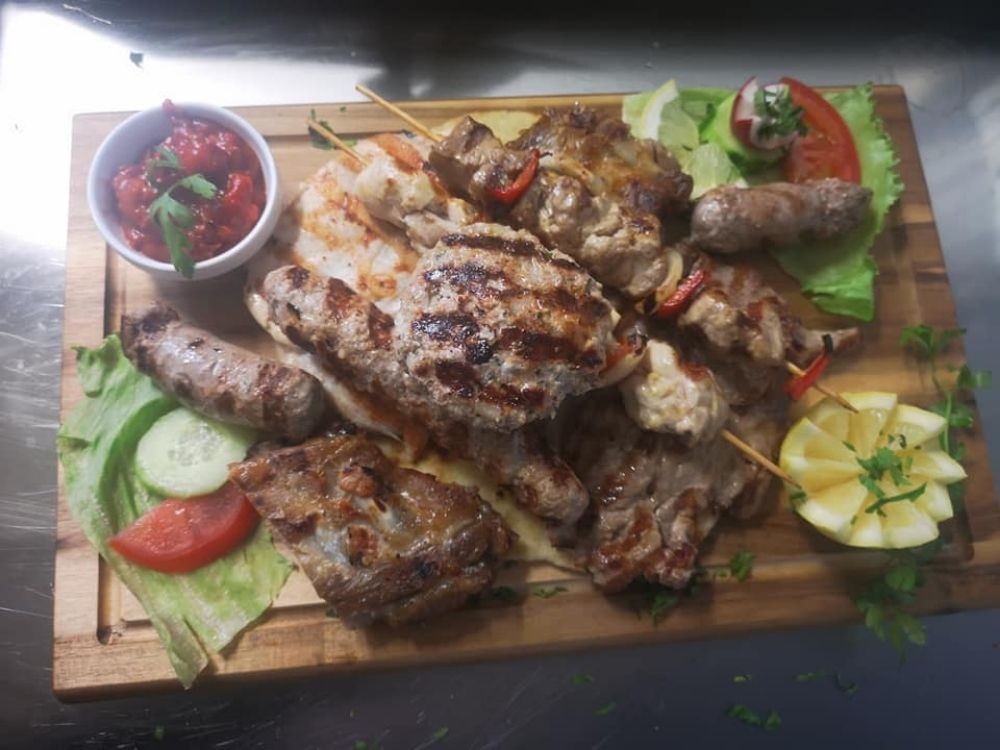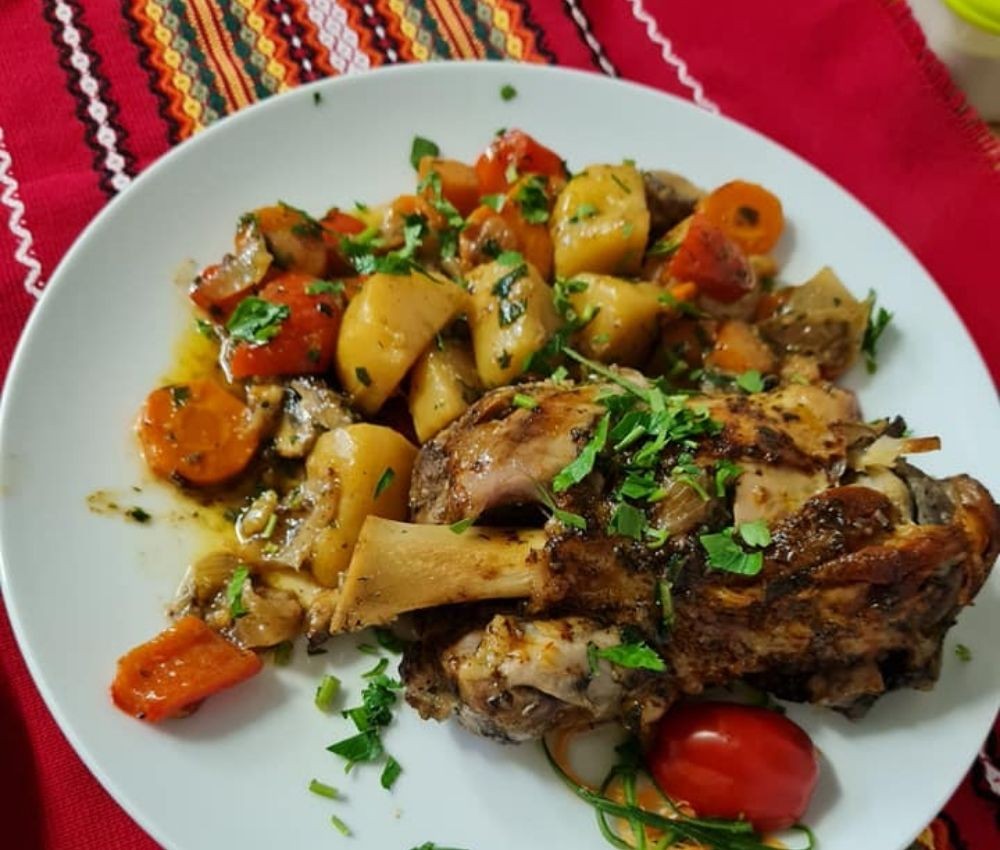More than 360,000 Bulgarians live in Germany. The number shows that Germany is one of the most preferred places for Bulgarians, giving them the opportunity to start a new life. Of course, the price each emigrant pays is different. For some the adaptation is faster and painless, while others quickly return to Bulgaria. Veselin Georgiev and Daniela Dimova are people of the first type. Born and raised in Varna, they went to Germany after finishing school. Veselin did it in 2010, hoping for a career as a footballer in a German club and Daniela followed him because of love 7 years later.
"We haven't been in Bulgaria for 2 years, both because of the coronavirus pandemic and other reasons. We usually try to come back at least once a year and spend our vacation at home. We miss our relatives and friends," Veselin says in an interview with Radio Bulgaria and Daniela adds:
"We really miss life in Bulgaria because you can't feel the same way here as when you're at home."

The two settled in Düsseldorf and did not lose the link with their homeland, as they also communicate with Bulgarians at work. This is their restaurant, which offers its visitors a variety of German and Bulgarian specialties.
"We opened about 3 months ago and people already know there is a Bulgarian restaurant in the city. There is no other place nearby that offers Bulgarian cuisine. For 35 years the restaurant used to serve Croatian cuisine, also offering Balkan cuisine that people still like and order.”

They both say that they face some difficulties when they have to buy Bulgarian products:
"We shop mainly from the German market. The only things that are Bulgarian are the spices, rakia, wine, sausages and other appetizers. However, the prices are quite high and there is no way to negotiate a good price for the supply of a restaurant. Import is low due to low consumption and the quality of some of the products is not very good," Veselin says about the challenges his business faces and adds that he buys some of the products from Russian and Turkish stores. Just like their fellow restaurateurs in Bulgaria, the two young entrepreneurs expect prices to rise as a result of higher electricity bills."

Confirmation that Veselin and Daniela have not severed ties with their homeland is the fact that they are acquainted with the political situation in Bulgaria and have participated in the parliamentary elections this year.
"We are going to vote in November, too. We have not changed our citizenship and we are looking forward to the results of the next elections,” Veselin says, but adds his expectations are not too high. “During and after the last two election processes, there was even more chaos and I can’t see how a government could be formed. I think the divide between the parties in Bulgaria is still too big."
Author: English: Alexander Markov
Photos: private libraryOne of the most ancient breeds in Europe, the Karakachan dog is the first Bulgarian indigenous breed of farm animal recognized by the Animal Breeds Commission of the Ministry of Agriculture in 2005. It owes its name to the nomadic sheep breeders known..
The tailor shop of the Pedrie and Mümin Mestan family is located on one of the busiest streets in Brussels’ Schaerbeek district. They are originally from Kardzhali but have been living abroad for more than 35 years. In the summer of 1989, they left..
The Balkan Mountain, ceramics and the plum fruit are the emblem of the Troyan region. And the locals know how to preserve their traditions. The event that marks the end of the agricultural year at the end of each September – the Bulgarian Plum Festival –..
With a concert by the Slavey Quartet created by folk singer Nadka Karadzhova and a conversation about the problems of our compatriots..
Athens is under pressure to sell fighter jets that would be delivered to Ukraine Greece is reluctant to provide high-tech military..

+359 2 9336 661
